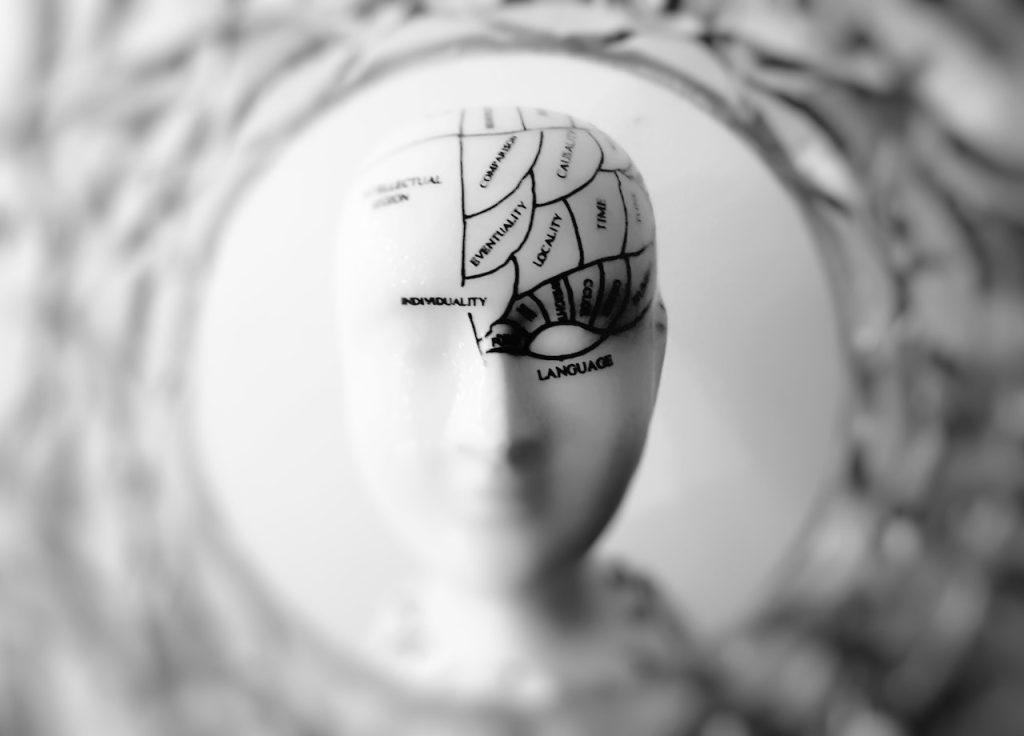Traumatic brain injury (TBI) occurs when the brain is harmed by a swift, external physical attack. It is one of the leading causes of death and disability in adults.
The most common cause of traumatic brain damage is a severe blow or jolt to the head or body. Traumatic brain injury can also result from an object passing through brain tissue, such as a gunshot or fractured piece of the skull. A more severe traumatic brain injury may cause bleeding, tissue damage, bruises, and other physical harm to the brain. A brain injury’s severity can range from a minor concussion to a serious one that leaves a victim in a coma or may result in death.
Symptoms of a traumatic brain injury can vary greatly depending on the severity of the injury. Symptoms may include physical impairments, such as problems with balance and coordination, as well as cognitive deficits, such as difficulty with memory, communication, and problem-solving. Other symptoms may include headaches, confusion, sleep disturbances, dizziness, nausea, and seizures.
Changes that may occur as a result of brain injury include:
Physical changes
- Paralysis,
- Weakness
- Coordination problems
- Sensory impairments
Emotional changes
- Depression
- Anxiety
- Mood swings
Behavioural changes
- Impulsivity
- Aggression
- Difficulty controlling emotions
Cognitive changes
- Problems with memory
- Attention, concentration
- Problem-solving
Social changes
- Difficulty interacting with others and forming relationships.
Treatment for traumatic brain injury typically includes rest, medications, physical and occupational therapy, speech-language therapy, and psychological counselling. Depending on the severity of the injury, surgery may also be necessary.

